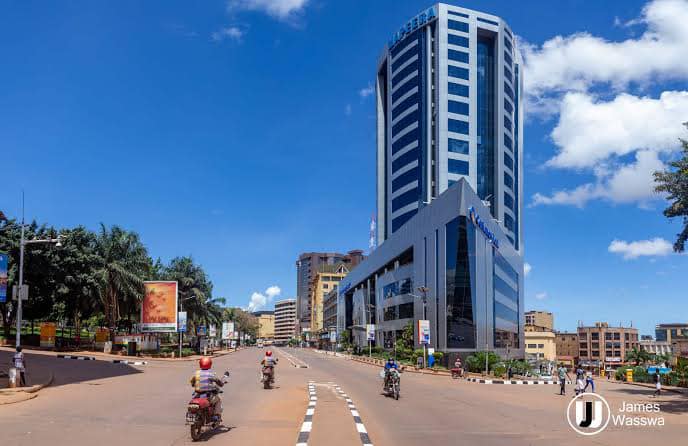#OutToLunch Ugandan businesses should join Centenary in Malawi
By Denis Jjuuko
In the early 1983, the Catholic Church in Uganda set up a scheme that targeted the majority of Ugandans — folks in rural areas, the majority of which were unbanked. Ten years later, the scheme turned into a commercial bank that still largely caters for the same target market. Centenary Bank has evolved to the behemoth that it is today with millions of customers and nearly 100 branches countrywide.
But that is not news to anybody reading this. What could be news is a story that for some reason has gone largely unnoticed. Centenary has acquired another bank in Malawi, signaling the start of a new phase in its life.
We must note that Centenary isn’t the first indigenous local bank or business to venture out of the country. Greenland Bank, in its short-lived life had opened in Zambia and Tanzania. The BMK Group also owns a hotel (Hotel Africana Lusaka) in Zambia among other business. The Mandela Group owns four branches of Café Javas or CJs in Nairobi. There could be other Ugandan brands operating in the region.
But Centenary, with Shs5.5 trillion in assets is the biggest of them all to operate outside the confines of Uganda’s borders. This is good for the country and many brands with the means should think of doing so.
For some time, we have been spectators in the regional market. We have watched Kenyan brands expand and grow their assets in the region even in countries like South Sudan and Rwanda that we helped pacify. As we have argued before, as we build roads and even deploy boots on the ground in the western jungles of the Democratic Republic of Congo, our businesspeople should be setting up companies there.
Africa has been described as the next frontier, with a population of 1.4 billion people, majority of whom are young and ready to provide the labour force required for big businesses. Ugandan businesses should not just be watching and sending congratulatory messages to Centenary, they should be following up to set up businesses in Malawi.
Malawi is politically stable having survived the thuggery of Kamuzu Banda. The rule of law seems to be established with even the supreme court brave enough to overturn a presidential election.
What businesses are viable in Malawi? Almost everything. It is a virgin market with even some of its printing done in the dim lit corridors of Nasser Road according to some accounts.
Malawi’s growth and development strategy outlines education, energy, agriculture, health and tourism as the sectors it is banking on to become an industrialized country by 2063.
With a Ugandan bank now taking centre stage in the country’s financial sector, Ugandan businesses have a brand that can easily access them credit. Centenary can simply do due diligence here and lend to a business that would like to expand in Malawi.
But the businesses here shouldn’t be in a rush. It has taken Centenary a whopping 39 years and an asset base of trillions to make its first move beyond its Ugandan comfort zone. They have experience in dealing with the rural poor and have enough resources to take on risks. They have an ownership model that has proved successful, using the structures and loyalty that people have with the Catholic church to provide a springboard for their success. It is this model they are somewhat basing on as the church is also its partner in Malawi.
Structures are important and a Ugandan brand without such structures wouldn’t be able to succeed in another market. We have seen of recent some very sad news where a brand previously thought to be successful collapsing within a year of the founder’s death. Newspapers have been advertising the company’s assets for forced sale (including those of the children who had assumed directorships).
By establishing structures, companies would be able to scale at home and even abroad. I don’t think there is still an employee or even a non-executive director that was part of Centenary’s founding in 1983 that is still involved. The company has been able to grow beyond its founders.
The current managers and non-executive directors I am sure are aware that they won’t have to die in their offices unless if they suffer sudden death. They will have to hand over the company to its next leaders for further growth. That is a key lesson for all Ugandan companies.
The writer is a communication and visibility consultant. djjuuko@gmail.com










